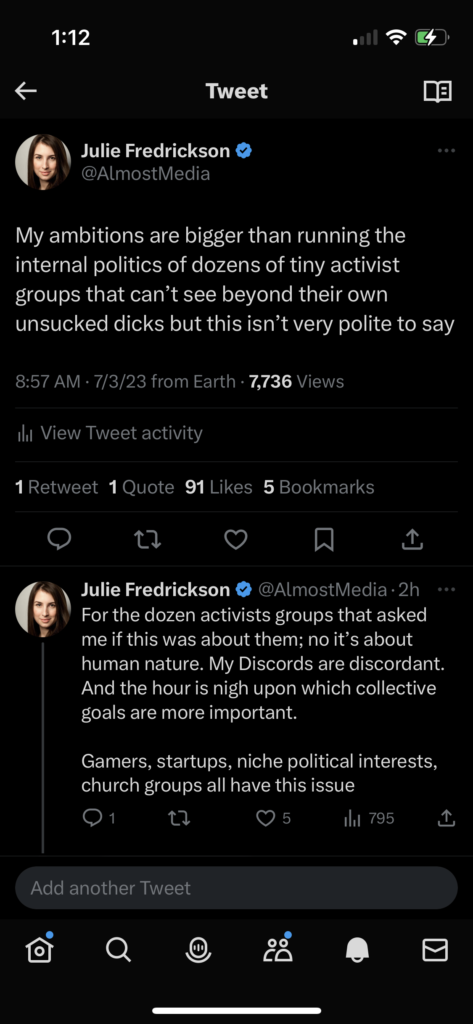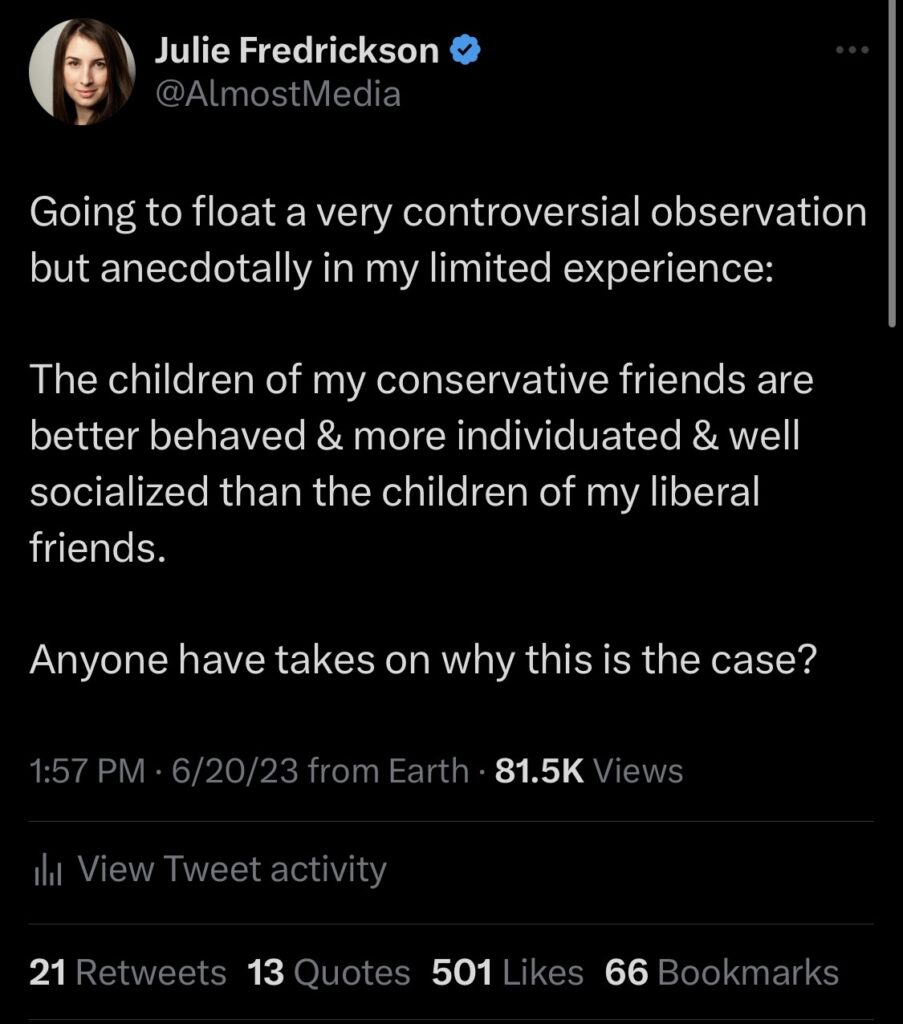The rising volume on complaints about the mainstream media has struck me as a little bit silly as I’ve been entrenched in skepticism of institutional authority my whole life. Thinking the news had a bias isn’t new and conspiracy is practically an American art form. So be careful out there.
When I was a kid in the late nineties we still had the national broadcast evening news as the center of discourse. I was considered a bit odd for being interested in news at a young age but my hippie parent had a healthy skepticism for institutional authority so they encouraged it.
I remember before the mass adoption of social media and self publishing, if you wanted an alternative perspective you had to turn to AM radio. If you were lucky you lived in a college town and had access to library cooperatives and computer labs. If you were very lucky like me, your parents had invested in personal computers and internet access early on so you could mix formal libraries with early choose your own adventure newsgroups online.
Thanks to the confluence of the above factors I read Adbusters, went to the local anarchist book cooperative and listened to Art Bell late at night. I was practically stewed in every early conspiracy and counter culture narrative that had any amount of reach. If a zine cared or an indie publisher could cobble together a story I read it. This lead to a general fascination with media and how Americans decided on what was credible and what viewpoints were discouraged.
I was a curious child. My family welcomed skeptics and mystics. This is perhaps what happens when you take children on meditation retreats. I got inoculated to a lot of crazies, cults and whackadoodles because America has always been where utopians gather. Our evangelical cultures have led to uniquely American interpretations of our Gods. And I loved nothing more than watching these subcultures flourish.
My family bought a cable news package and I watched CNN and Fox News battle it out. I read Naomi Klein and Marshal McLuhan. I convinced my mother to get me a subscription to the Economist when I was fifteen. Embarrassingly I used their motto in a year book quote. I talked my way into a job famed talk radio juggernaut 77WABC when still technically in high school.
If there is one thing I learned from this lifelong obsession with who controls what we think, it’s that we rely on the same simple narratives over and over again. The conspiracies of yesterday are the facts of today. We change our minds. We recycle the same prophecy. If you start seeing a lot of chatter about aliens remember we’ve had this news cycle before.

